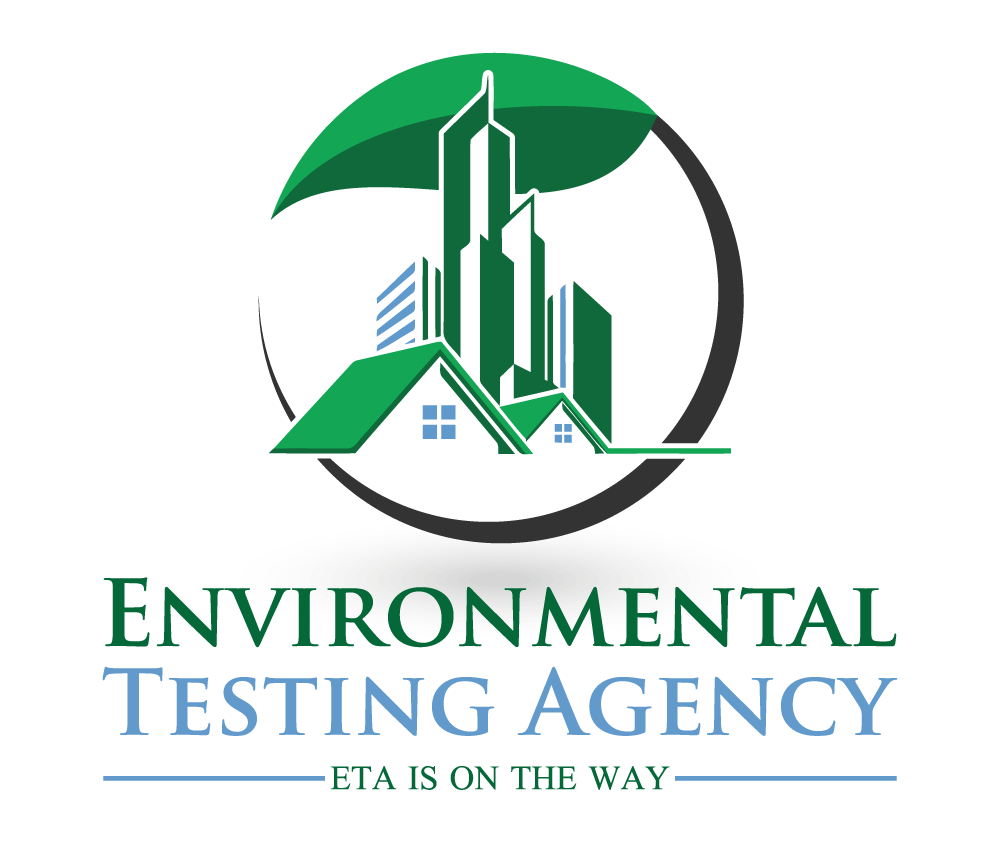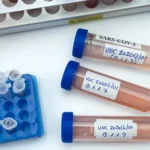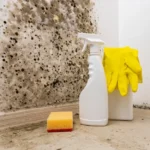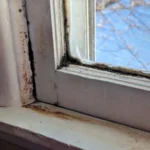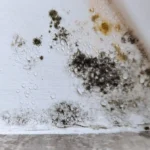The Importance of Indoor Air Quality Testing In South Florida
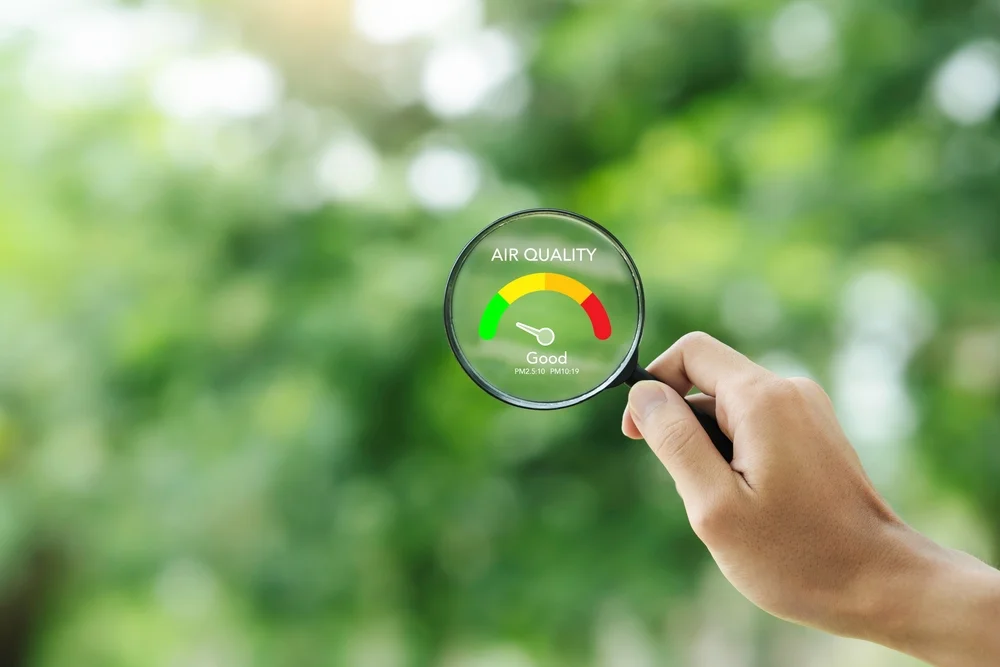
South Florida, with its tropical climate, vibrant communities, and proximity to the ocean, is one of the most sought-after places to live. But with the beauty of the area comes a unique set of environmental challenges, especially when it comes to indoor air quality. Humidity, frequent rainfall, and older homes can contribute to poor air quality that affects both the comfort and health of residents. This is why indoor air quality testing in South Florida is not just important, it’s essential. In this blog, we will explore why indoor air quality testing in South Florida matters, how it impacts your health, and why regular testing is necessary in South Florida homes and businesses.

What is Indoor Air Quality and Why Does It Matter?
Indoor air quality (IAQ) refers to the condition of the air inside a building and its potential impact on the health, comfort, and well-being of the occupants. In South Florida, the combination of high humidity, frequent rain, and the proximity to the ocean creates an environment that fosters the growth of mold, mildew, and other airborne pollutants that can negatively affect the air quality inside your home or business.
Why It Matters
- Health Impact: Poor indoor air quality can trigger respiratory issues, allergies, asthma, and even long-term conditions like heart disease. The air you breathe indoors should be as clean as possible.
- Comfort: Bad air quality can lead to persistent odors, mold growth, and uncomfortable living conditions.
- Property Protection: Mold, allergens, and pollutants can damage furniture, walls, and flooring. Regular testing can help you avoid costly repairs.
How South Florida’s Climate Affects Indoor Air Quality
South Florida’s humid climate significantly affects indoor air quality. Here’s how:
- High Humidity: South Florida experiences high humidity levels year-round. Humidity levels above 60% are ideal for mold growth, which can spread rapidly in your home or office. This mold not only affects your property but also poses a serious health risk.
- Frequent Rainfall: The region’s rainy season increases moisture levels in the air and in buildings, making it more likely that mold, mildew, and dust mites will thrive inside your home or office.
- Proximity to the Ocean: The salty air can damage the materials in your home, making it easier for pollutants to enter the indoor environment and degrade air quality.

Common Indoor Air Pollutants in South Florida
In South Florida, several common pollutants negatively affect indoor air quality. Understanding these pollutants is key to improving the air inside your home or business.
- Mold and Mildew: These fungi thrive in damp environments. They release spores into the air, which can be inhaled, leading to respiratory issues like asthma or bronchitis.
- Volatile Organic Compounds (VOCs): Found in paints, cleaners, and even furniture, VOCs can release harmful chemicals into the air, leading to headaches, dizziness, and other long-term health problems.
- Dust Mites: These microscopic pests live in the warm, humid environment of South Florida and thrive in bedding, upholstery, and carpets. Dust mites can cause allergy flare-ups and worsen asthma.
- Pet Dander: If you have pets, their dander can trigger allergic reactions and worsen asthma symptoms, especially in confined indoor spaces.
- Carbon Monoxide: This colorless, odorless gas can be deadly. It’s produced by gas appliances, fireplaces, and heating systems. Testing ensures that carbon monoxide levels are within safe limits.
Health Risks Associated with Poor Indoor Air Quality
The health risks of poor indoor air quality in South Florida should not be underestimated. Poor IAQ is linked to several health conditions, including:
- Respiratory Issues: Poor air quality can lead to asthma, bronchitis, and other chronic respiratory conditions, particularly in children and elderly individuals.
- Allergies: Mold spores, dust mites, and pet dander can cause sneezing, itchy eyes, runny noses, and other allergy symptoms.
- Headaches and Fatigue: Long-term exposure to poor air quality can lead to headaches, dizziness, fatigue, and even memory issues.
- Heart Conditions: Some studies have shown that prolonged exposure to pollutants like VOCs can increase the risk of cardiovascular diseases.
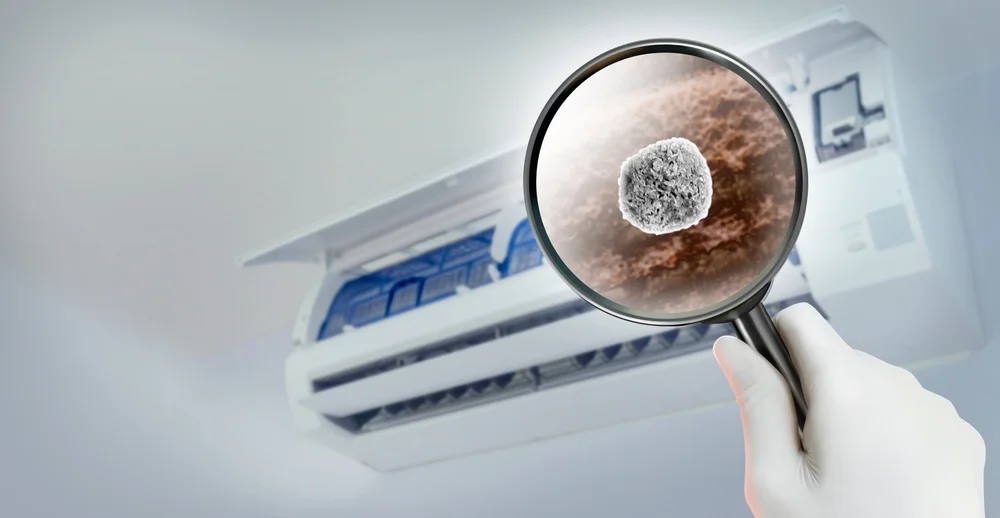
Signs You Need Indoor Air Quality Testing in South Florida
It’s not always obvious when your indoor air quality is poor, which is why regular testing is important. Here are some signs that you might need to test the air quality in your home or business:
- Frequent Mold Growth: If you notice mold in hidden areas like basements, attics, or behind walls, it’s time to get your indoor air tested.
- Persistent Odors: Musty, stale smells that don’t go away despite cleaning can be a sign of hidden mold or mildew growth.
- Health Symptoms: If you or your family members experience unexplained health symptoms like sneezing, coughing, eye irritation, or respiratory issues, poor air quality could be the cause.
- Condensation on Windows: If your windows frequently have condensation or fog up, it’s a sign of high humidity, which can affect air quality.
How Indoor Air Quality Testing Can Help
Indoor air quality testing is the only way to accurately determine the condition of the air inside your home or business. By testing for common pollutants like mold, VOCs, and dust mites, you can take steps to improve your environment and prevent health risks.
Here’s how testing helps:
- Identifying Hidden Issues: IAQ testing can detect mold or pollutant sources hidden within your walls or ceilings. It provides clear data on the air quality in your home.
- Understanding the Severity: Testing allows you to understand how severe your indoor air quality issue is, helping you choose the most effective solutions.
- Preventing Future Problems: Regular IAQ testing can help detect changes in air quality before they lead to significant health risks or property damage.
- Ensuring Health Compliance: If you run a business, regular IAQ testing ensures you meet local health and safety regulations, especially in workplaces and childcare centers.
How to Improve Indoor Air Quality in South Florida
Improving your indoor air quality involves addressing the sources of pollutants and using effective treatment methods. Here are a few steps you can take:
- Dehumidifiers: These can reduce humidity levels, making it less likely for mold to grow and allergens to proliferate.
- Air Purifiers: High-efficiency particulate air (HEPA) filters can trap dust, pet dander, and mold spores, improving air quality.
- Proper Ventilation: Open windows, use exhaust fans, and ensure your HVAC system is running efficiently to allow fresh air to circulate.
- Mold Remediation: If mold is detected, it’s essential to remove it from your property immediately. Professional mold remediation services are often necessary to ensure mold doesn’t return.
- Regular Testing: Schedule regular indoor air quality tests to monitor the air and ensure it remains safe for your family or employees.

Conclusion
Indoor air quality testing in South Florida is more than just a precaution, it’s a necessity. Due to the region’s humid climate, the risks of mold, allergens, and harmful pollutants in the air are elevated. Whether you are a homeowner or a business owner, regular indoor air quality testing is key to maintaining a healthy and safe environment. At ETA, we offer professional air quality testing services that provide clear, actionable insights to improve the air you breathe.
Protect your health and your property by ensuring that your indoor air quality is up to par. Contact ETA today for expert indoor air quality testing in South Florida.
FAQs
1. What is indoor air quality (IAQ) testing?
Indoor air quality (IAQ) testing is the process of measuring the levels of pollutants, allergens, mold, and other harmful substances in the air inside your home or business. This testing helps identify potential health risks and environmental concerns.
2. Why is indoor air quality testing important in South Florida?
Due to South Florida’s high humidity, frequent rainfall, and proximity to the ocean, mold, mildew, and other pollutants can thrive indoors. Regular IAQ testing helps ensure the air quality remains safe for your health and protects your property from damage.
3. What are the common indoor air pollutants in South Florida?
Common pollutants include mold, mildew, volatile organic compounds (VOCs), dust mites, pet dander, and carbon monoxide. These pollutants can cause respiratory issues, allergies, and long-term health problems if left untreated.
4. How often should I test my indoor air quality in South Florida?
It’s recommended to test your indoor air quality at least once a year, especially if you live in areas with high humidity or frequent rain. More frequent testing may be necessary if you notice signs like persistent mold growth or unexplained health symptoms.
5. What can I do to improve my indoor air quality in South Florida?
Improving IAQ can be achieved by using dehumidifiers, air purifiers, ensuring proper ventilation, and scheduling regular mold remediation. Regular testing can also help you monitor air quality and make informed decisions about treatment options.


